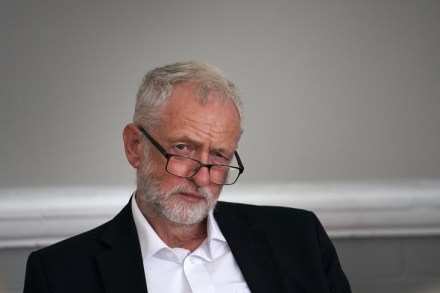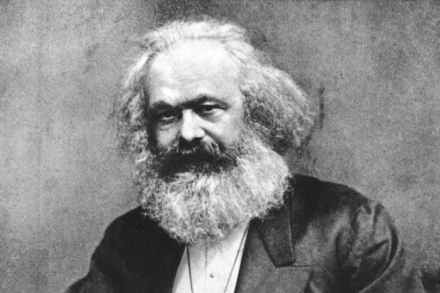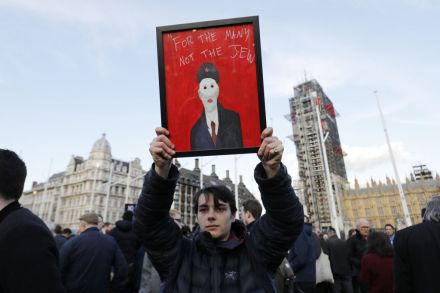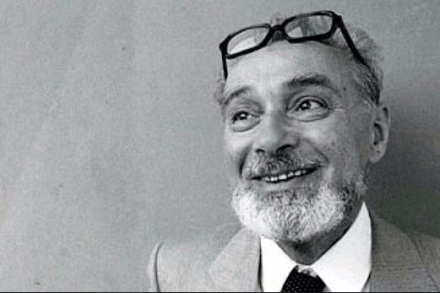Sunday Shows Roundup: Dominic Raab – Brexit deal should be agreed ‘in October’
The House of Commons breaks for recess on Tuesday, and accordingly the Sunday shows will be taking a break. For his last show until September, Andrew Marr was joined by the Brexit Secretary Dominic Raab, who has taken over the reins after David Davis’ resignation and has already made the headlines by insisting that the UK could tear up the agreed £39 billion ‘divorce bill’ if the two sides do not reach a trade deal. Raab told Marr that he was ‘striving every sinew’ to get the best deal for the United Kingdom, and insisted that his government was on course to agree a deal in the timeframe they expected:





















